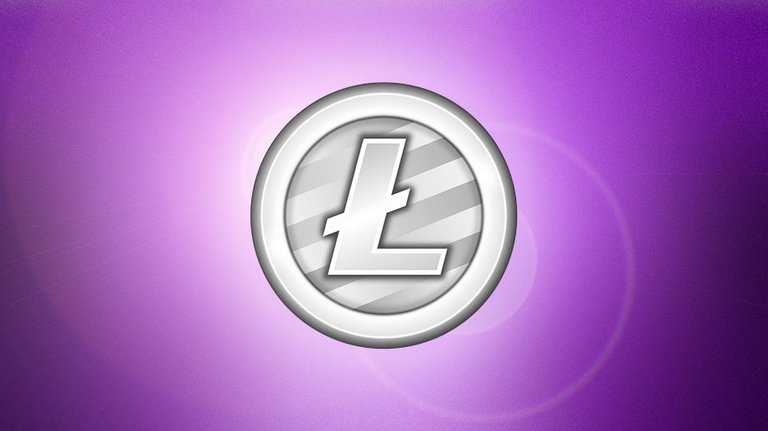
LitePay is here, and it's a big deal.
Users can now easily accept, store, and spend Litecoin from anywhere in the world. It sounds awfully similar to Satoshi Nakamoto's peer-to-peer electronic cash system. It's decentralized; the user owns and controls their own currency (i.e. Litecoin), not a bank or government. Finally, monetary sovereignty to the people, not the government.
In many areas, Litecoin is extremely similar to Bitcoin. In fact, many naysayers dislike Litecoin because they claim it is simply a clone of Bitcoin. Why use Litecoin when one can use Bitcoin? Since Bitcoin's code is open source, it can be used and modified for other projects by anybody, and this is exactly what Litecoin has done.
With all the similarities, there are some distinct differences. To start, the Litecoin creator is known. Unlike Bitcoin's pseudonymous Satoshi Nakamoto, Litecoin is led by the once engineer at Coinbase and Google, Charlie Lee. Mr. Lee's goal is to improve upon Bitcoin's protocol by making it faster and fairer. By decreasing the blocktime from 10 minutes to 2.5 minutes, he has succeeded. Just as important, Litecoin can produce 56 transactions per second compared to Bitcoin's 7 transactions per second. It should be noted, Visa is capable of processing 1,667 transactions per second; in other words, Litecoin still has a long way to go. Last but certainly not least, Litecoin is a store of value and a medium of exchange where Bitcoin is just a store of value — at least, at this point in time.
Now with LitePay, it will be easier to use Litecoin. Just like using Apple or WeChat Pay, a user just brings their phone to the point of purchase and scans their QR Code... done! If a transaction is to take place online, a user just sends the public key and in a matter of minutes the transaction is complete. Instead of taking the money from the bank, it takes it from the decentralized blockchain. LitePay also makes it easier for businesses to adapt as well. Businesses can accept Litecoin and receive funds directly to your bank account in numerous national currencies from around the world.
If some of the big companies like Amazon or Starbucks starts to accept LitePay, it could be a game changer.